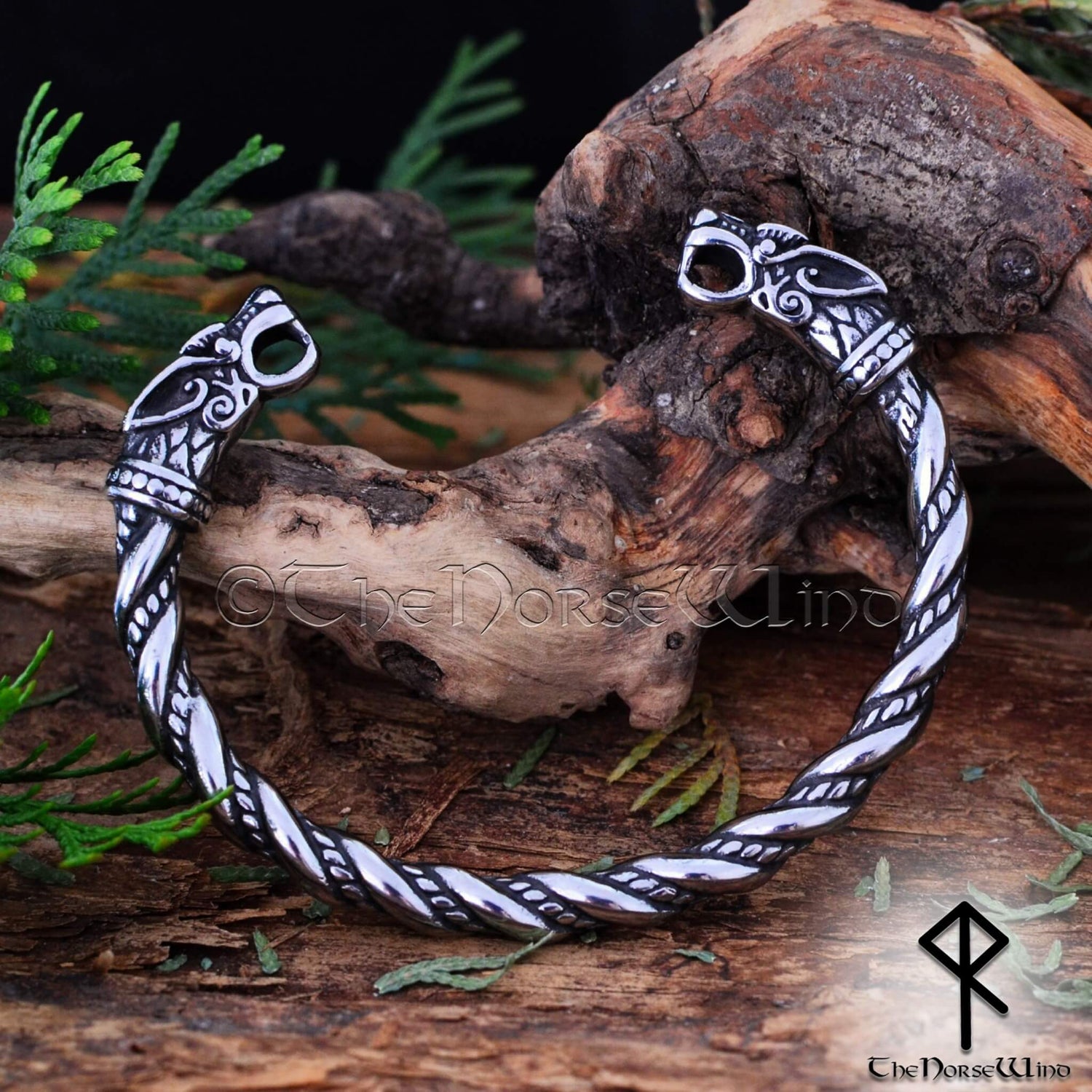Top 10 Lesser-Known Norse Gods and Goddesses
Share
Norse mythology is a treasure trove of fascinating deities, each with its own unique stories and significance. While many are familiar with the prominent figures like Odin, Thor, and Loki, the pantheon of Norse gods and goddesses goes much deeper. In this exploration, we'll delve into the captivating world of lesser-known Norse deities, shedding light on their stories, attributes, and the roles they played in the rich tapestry of Norse mythology.
1. Höðr - The Blind God of Winter
Höðr is often overshadowed by his more illustrious fellow gods, but his story is both captivating and tragic. Höðr is the god of darkness and winter, and his tale is intertwined with the unfortunate death of Balder, the god of light. According to Norse mythology, Höðr unwittingly kills his own brother, Balder, under the influence of Loki's deceit. This event leads to Balder's descent into the underworld and the onset of the harsh winter season.
2. Frigg - Queen of the Aesir
While Frigg is known as the wife of Odin, the Allfather, she often remains in the background of many Norse tales. She is the queen of the Aesir and the mother of Balder, one of the most beloved and radiant gods in Norse mythology. Frigg is associated with motherhood, marriage, and domestic life, and her wisdom is highly regarded by the gods.
3. Tyr - The One-Handed God of Law and Heroism
Tyr is a god of great courage and valor, known for his selfless sacrifice. He lost his right hand to Fenrir, the monstrous wolf, while binding the creature to protect the gods. Tyr represents the principles of law, justice, and heroism and is revered for his unflinching bravery in the face of danger.
4. Sif - Goddess of Golden Hair
Sif is the goddess of fertility, and she's renowned for her long, golden hair. Her most famous association is with Thor, the god of thunder, as she is his wife. Her golden hair was once maliciously cut by Loki, but it was restored by the other gods. Sif represents the nurturing and fertile aspects of nature.
5. Forseti - God of Justice and Mediation
Forseti is a peaceful and just deity in Norse mythology, a contrast to the warrior gods like Thor and Odin. He is known for his ability to mediate and resolve disputes, embodying principles of fairness and law. Forseti serves as the patron of justice and peacemaking, creating a sense of balance within the pantheon.
6. Eir - The Goddess of Healing
Eir, often overlooked in the grander tales of the gods, is the goddess of healing. Her presence brings solace to those who are ailing and wounded. In a world fraught with dangers, Eir's role as a healer is invaluable, representing the gentler, caring side of the Norse pantheon.
7. Bragi - God of Poetry and Eloquence
Bragi is a lesser-known god of poetry and eloquence, attributes that hold immense importance in Norse culture. As the husband of the poetic goddess Idun, Bragi embodies the art of storytelling and the beauty of words. His influence extends to the realm of creativity and inspiration.
8. Idun - Guardian of Youth and Immortality
Idun, the keeper of the golden apples, plays a crucial role in Norse mythology. These apples grant immortality to the gods, ensuring their eternal youth. Idun's role is a testament to the desire for immortality and the importance of youthfulness in the Norse gods' lives.
9. Var - The Goddess of Oaths and Promises
In a society bound by honor and oaths, Var's role is vital. She is the goddess of oaths and promises, ensuring that agreements are upheld and sworn obligations are not taken lightly. Her presence reflects the importance of integrity and trust in Norse culture.
10. Mimir - Guardian of Wisdom
Mimir, the guardian of the well of wisdom, is a deity associated with profound knowledge. He is known for providing counsel to Odin and other gods. His wisdom and guidance hold great value in a world where knowledge is highly prized.
The world of Norse mythology is far richer than the stories of just a few well-known gods. The lesser-known deities, such as Höðr, Frigg, Tyr, and others, offer a deeper understanding of the complexities and nuances within this ancient mythology. Each god and goddess contributes to the intricate tapestry of Norse culture, offering unique lessons, stories, and attributes that continue to captivate those who seek to explore this rich heritage.











